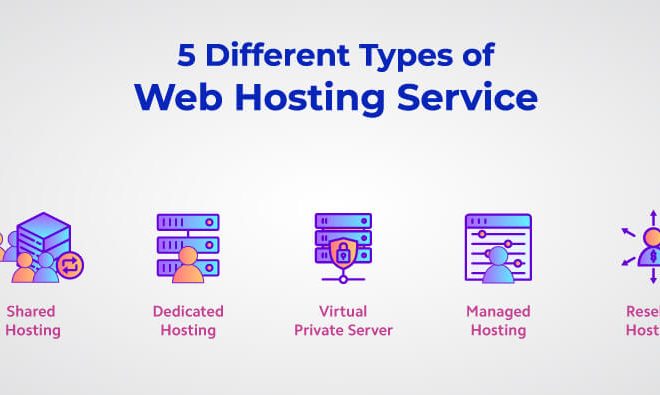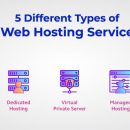Types of Web Hosting

Not every website is the same. That’s why there are different server configurations to meet their needs.
Every website component is stored on a server and accessed through your web host. This includes elements like files, text, images, videos — everything.
When Internet users want to view your website, they must type your website address or domain into their browser. The user’s computer will then connect to your server through network or internet connection, and the web pages will be delivered through the browser.
To fill the purpose and all hosting-related needs, RackMonk is here to help you with all kinds of hosting it provides.
Types Of Web Hosting –
Dedicated server hosting – mostly suited for websites with high traffic. In this, the website wishing to go online rents an entire web server from a hosting company. This type of server is recommended for companies hosting large websites. It has its pros, for example, Strong database support, ideal for large businesses, robust email solutions, and many more. However, it is a little more expensive and needs you to choose a hosting partner who is well versed with all that is required. So RACKMONK is your best choice.
Cloud hosting – Cloud hosting plans come with multiple options for your virtual machine configuration. As we know that cloud environments are highly scalable, flexible, and fail proof thus, if any of the resources is compromised or has a problem, the parallel resources on the platform will take over those responsibilities and pick up the slack. Cloud hosting provides you with the freedom of pay as you go, rather than a flat fee or a fixed cost upfront.
CDN – It leverages a worldwide network of edge servers that disseminate content from various interconnected hosts. A Content Delivery Network, or a CDN (commonly called), is an essential part of any modern website and application. CDN is an interesting type, so don’t forget to read RACKMONK’s next article. ALL ABOUT YOU, all about CDN.
Shared Hosting – Shared hosting is cost-effective and the best choice for small or entry-level websites. As the name implies, websites using shared hosting will be sharing resources with other websites on a single server. Typically, all domains may share a common pool of server resources, such as RAM and the CPU. This type of service can be pretty basic and not flexible regarding software and updates.
VPS Hosting – Virtual Private Server (VPS) divides server resources into virtual servers, where it can allocate resources in a way that does not directly reflect the underlying hardware. Individual websites can customize these virtual servers. VPS gives you some of the benefits of dedicated hosting at a fraction of the price. It provides you the ability to make custom configurations for your server. It is more cost-effective than a dedicated server.




